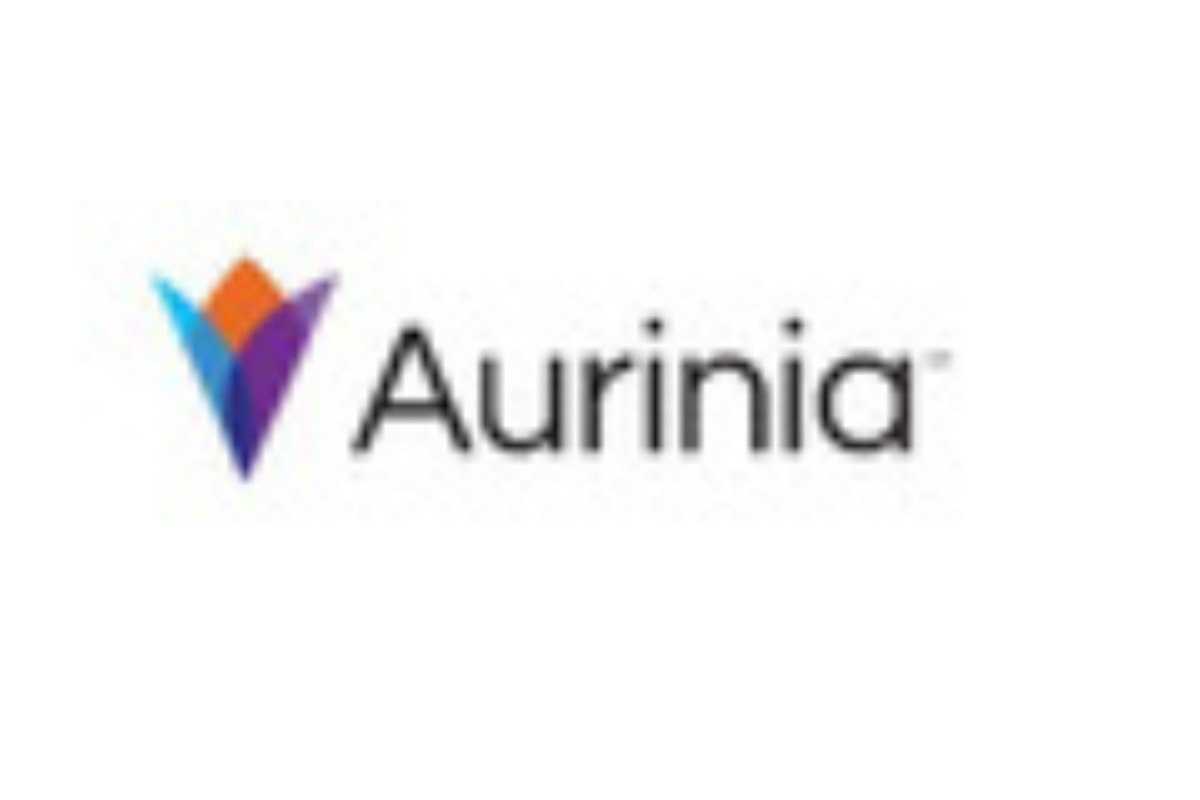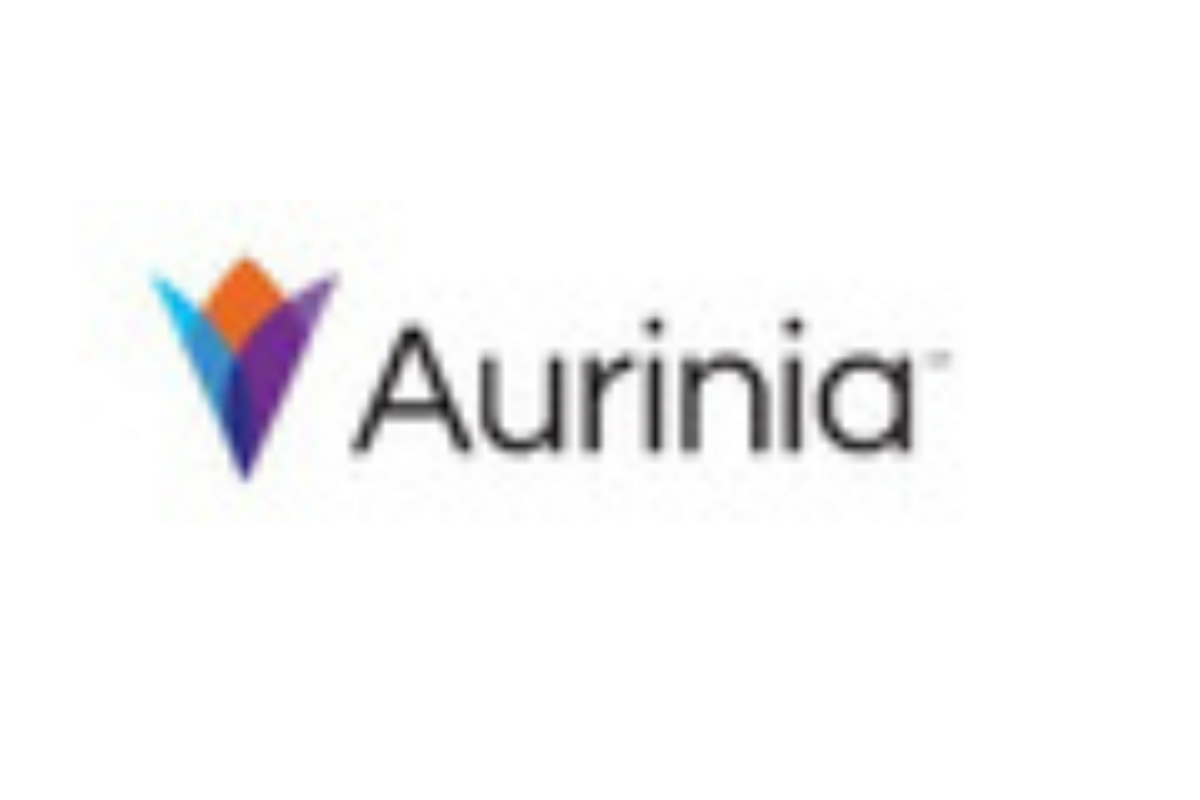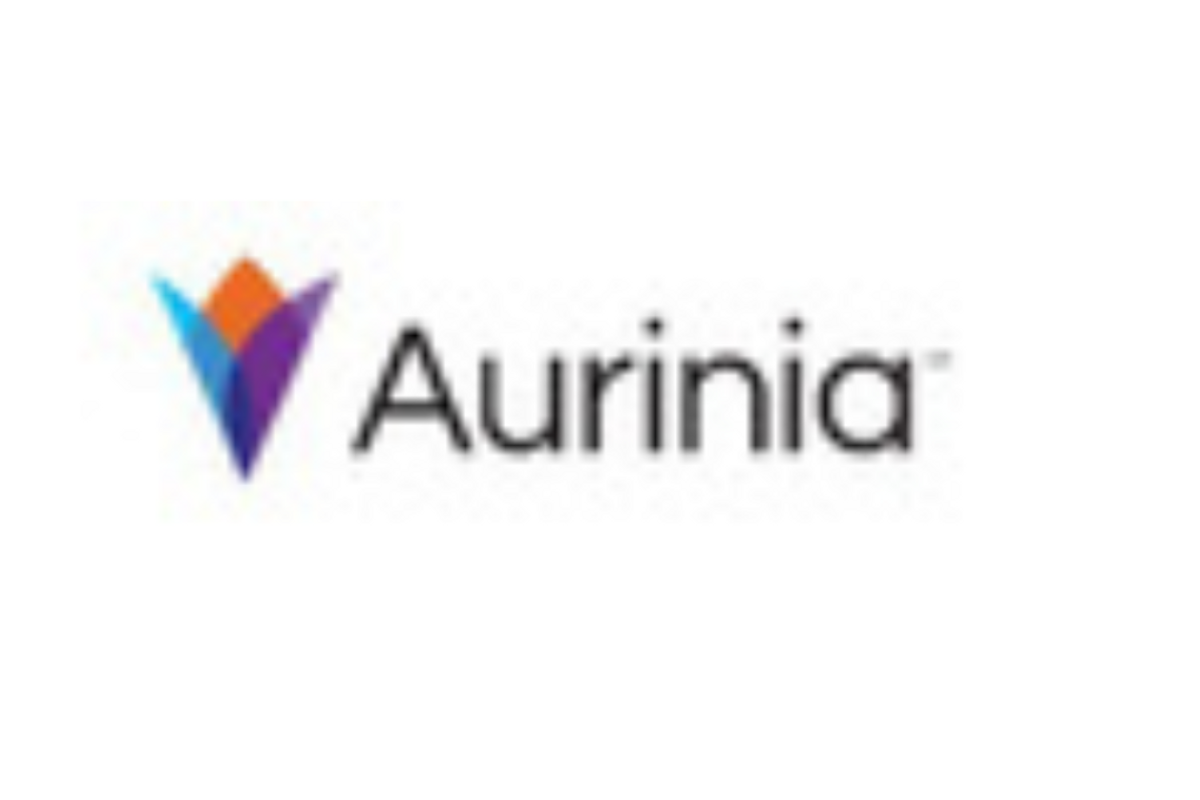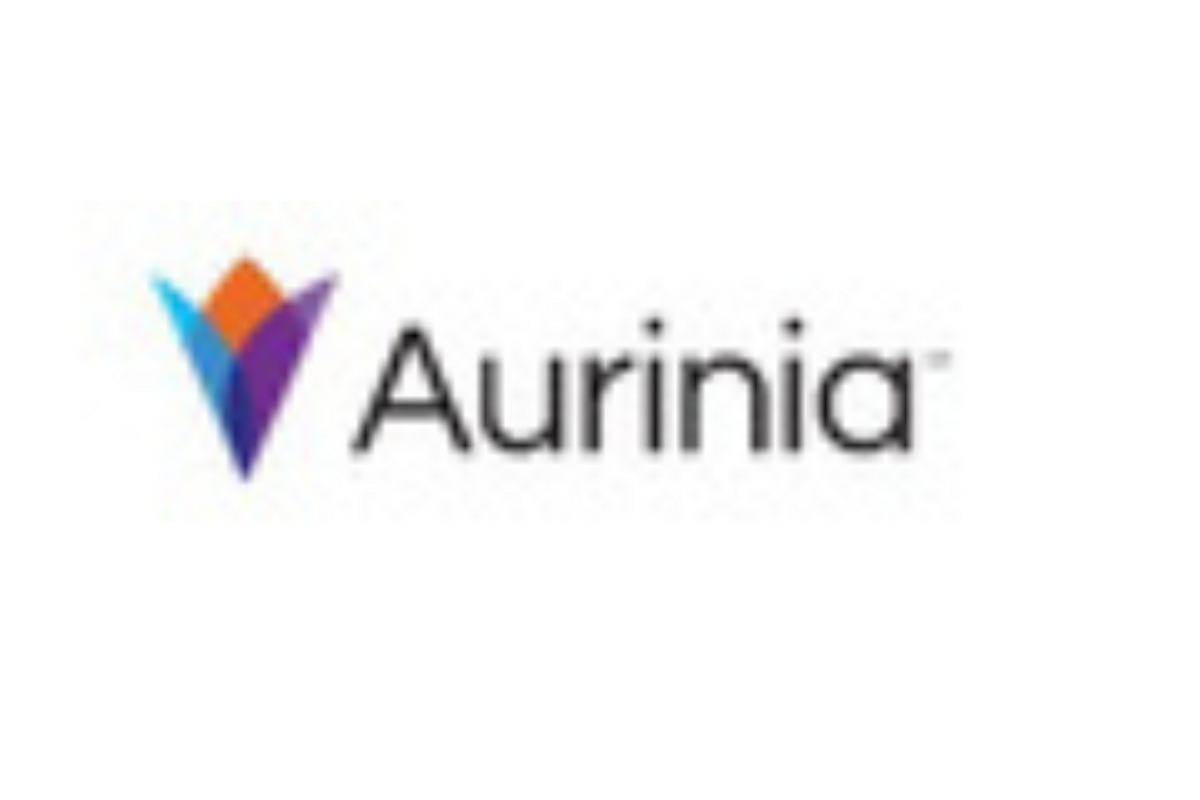Aurinia Pharmaceuticals Inc. (NASDAQ: AUPH) (Aurinia or the Company) today announced the results of a post-hoc, pooled analysis of the Phase 2 AURA-LV (NCT02141672) and Phase 3 AURORA 1 (NCT03021499) studies, which found that LUPKYNIS® with mycophenolate mofetil (MMF) and low-dose steroids resulted in earlier and greater reductions in proteinuria in lupus nephritis (LN) patients with high proteinuria across biopsy classes, races, and ethnicities. These data were presented at the European Congress of Rheumatology, EULAR 2023, in Milan, Italy.
Consistent with results from the overall pooled study population, patients with urine protein creatinine ratio (UPCR) ≥2 g/g at baseline treated with LUPKYNIS® achieved significantly higher renal response rates than patients treated with MMF and low-dose steroids alone, regardless of baseline demographics or clinical characteristics.
"Proteinuria is a common manifestation of LN that can lead to progressive kidney damage. Early reductions in UPCR have been shown to be predictive of improved long-term outcomes in LN. Yet, there remains the need for safe and effective therapies for patients with high proteinuria, especially given that monoclonal antibody therapies have demonstrated limited efficacy in LN patients with moderate to high proteinuria. These findings for voclosporin, a novel calcineurin inhibitor, are clinically relevant and can help improve renal outcomes for LN patients," said lead study author Emily Littlejohn, D.O., M.P.H., Cleveland Clinic Main Campus, Rheumatologic and Immunologic Disease, Cleveland, Ohio.
"We are pleased to present these findings that further support the efficacy and safety of a voclosporin-based treatment regimen across diverse LN patient populations. In this analysis, complete response rates favored voclosporin regardless of sex, race, ethnicity, baseline UPCR or baseline renal function. Patients who achieved complete renal response with voclosporin experienced stable renal function while undergoing a rapid steroid taper as part of the study. These findings further differentiate LUPKYNIS, a next-generation CNI, from legacy, first-generation CNIs," said Dr. Greg Keenan, Chief Medical Officer of Aurinia.
About the Analysis
To further characterize the efficacy and safety of voclosporin in patients with high proteinuria, outcomes were analyzed in various subpopulations of patients with UPCR ≥2 g/g at baseline using the pooled dataset from the Phase 2 AURA-LV and Phase 3 AURORA 1 studies.
Both studies enrolled patients with biopsy-proven LN (Class III, IV, or V ± III/IV) within 6 months (or up to 2 years in AURORA 1) and proteinuria ≥1.5 g/g (≥2 g/g for Class V). Patients were randomized to voclosporin (23.7 mg BID) or placebo and treated for up to one year (48 weeks in AURA-LV and 52 weeks in AURORA 1). All patients received MMF and low-dose steroids. Protocol-defined glucocorticoid taper included intravenous methylprednisolone on Days 1 and 2. Oral glucocorticoid was initiated on Day 3 with 20-25 mg/day prednisone and tapered to a target dose of 2.5 mg/day at Week 16 and thereafter.
For the analysis, complete renal response (CRR) rates were evaluated in patients with baseline UPCR ≥2 g/g. CRR was defined as UPCR ≤0.5 g/g with stable renal function, low-dose steroids, and no rescue medication. Subgroup analyses were based on sex, age, race, ethnicity, biopsy class, and estimated glomerular filtration rate (eGFR) at baseline. Adverse events (AEs) and mean eGFR levels over time were also assessed.
Of the 268 and 266 patients included in the voclosporin and control arms of the pooled analysis, respectively, 217 and 215 patients had a baseline UPCR ≥2 g/g (mean [SD], 5.1 [3.3] vs. 4.6 [2.8] g/g, respectively). At one year, the change from baseline in least squares mean UPCR was -3.8 (0.1) g/g in the voclosporin arm, compared to -3.1 (0.2) g/g in the control arm (difference vs. control, -0.7; p=0.0003).
A significantly greater percentage of voclosporin-treated patients achieved CRR at one year compared to the control arm (41.0% vs. 21.9%; odds ratio [OR] 2.48). Across biopsy classes, the highest rates of CRR were observed in Class III patients treated with voclosporin (50% vs. 16.1% in control, p=0.0126), followed by Class IV (44% vs. 23.8%, p=0.0019), Class V with III or IV lesions (37.7% vs. 17% p=0.0306), and Class V (31.3% vs. 28.6%, p=0.81).
CRR rates were numerically greater in subgroups of voclosporin-treated patients, including both sexes and across all ages, races, ethnicities, biopsy classes, and eGFR levels assessed, as indicated with OR>1.
Similar rates of AEs were reported in both arms and mean eGFR levels were similar and stable over one year of treatment.
About Lupus Nephritis
Lupus Nephritis is a serious manifestation of systemic lupus erythematosus (SLE), a chronic and complex autoimmune disease. About 200,000-300,000 people live with SLE in the U.S., and about one-third of these people are diagnosed with lupus nephritis at the time of their SLE diagnosis. About 50 percent of all people with SLE may develop lupus nephritis. If poorly controlled, lupus nephritis can lead to permanent and irreversible tissue damage within the kidney. Black and Asian people with SLE are four times more likely to develop lupus nephritis and Hispanic people are approximately twice as likely to develop the disease compared to White people with SLE. Black and Hispanic people with SLE also tend to develop lupus nephritis earlier and have worse outcomes, compared to White people with SLE.
About LUPKYNIS®
LUPKYNIS® is the first U.S. FDA- and EC-approved oral medicine for the treatment of adult patients with active LN. LUPKYNIS is a novel, structurally modified calcineurin inhibitor (CNI) with a dual mechanism of action, acting as an immunosuppressant through inhibition of T-cell activation and cytokine production and promoting podocyte stability in the kidney. The recommended starting dose of LUPKYNIS is three capsules twice daily with no requirement for serum drug monitoring. Dose modifications can be made based on Aurinia's proprietary personalized eGFR-based dosing protocol. Boxed Warning, warnings, and precautions for LUPKYNIS are consistent with those of other CNI-immunosuppressive treatments.
About Aurinia
Aurinia Pharmaceuticals is a fully integrated biopharmaceutical company focused on delivering therapies to treat targeted patient populations with high unmet medical needs that are impacted by autoimmune, kidney and rare diseases. In January 2021, the Company introduced LUPKYNIS ® (voclosporin), the first FDA-approved oral therapy dedicated to the treatment of adult patients with active lupus nephritis. The Company's head office is in Edmonton, Alberta, its U.S. commercial office is in Rockville, Maryland. The Company focuses its development efforts globally.
INDICATION AND IMPORTANT SAFETY INFORMATION
INDICATIONS
LUPKYNIS is indicated in combination with a background immunosuppressive therapy regimen for the treatment of adult patients with active LN. Limitations of Use: Safety and efficacy of LUPKYNIS have not been established in combination with cyclophosphamide. Use of LUPKYNIS is not recommended in this situation.
IMPORTANT SAFETY INFORMATION
BOXED WARNINGS: MALIGNANCIES AND SERIOUS INFECTIONS
Increased risk for developing malignancies and serious infections with LUPKYNIS or other immunosuppressants that may lead to hospitalization or death.
CONTRAINDICATIONS
LUPKYNIS is contraindicated in patients taking strong CYP3A4 inhibitors because of the increased risk of acute and/or chronic nephrotoxicity, and in patients who have had a serious/severe hypersensitivity reaction to LUPKYNIS or its excipients.
WARNINGS AND PRECAUTIONS
Lymphoma and Other Malignancies: Immunosuppressants, including LUPKYNIS, increase the risk of developing lymphomas and other malignancies, particularly of the skin. The risk appears to be related to increasing doses and duration of immunosuppression rather than to the use of any specific agent.
Serious Infections: Immunosuppressants, including LUPKYNIS, increase the risk of developing bacterial, viral, fungal, and protozoal infections (including opportunistic infections), which may lead to serious, including fatal, outcomes.
Nephrotoxicity: LUPKYNIS, like other CNIs, may cause acute and/or chronic nephrotoxicity. The risk is increased when CNIs are concomitantly administered with drugs associated with nephrotoxicity.
Hypertension: Hypertension is a common adverse reaction of LUPKYNIS therapy and may require antihypertensive therapy.
Neurotoxicity: LUPKYNIS, like other CNIs, may cause a spectrum of neurotoxicities: severe include posterior reversible encephalopathy syndrome (PRES), delirium, seizure, and coma; others include tremor, paresthesia, headache, and changes in mental status and/or motor and sensory functions.
Hyperkalemia: Hyperkalemia, which may be serious and require treatment, has been reported with CNIs, including LUPKYNIS. Concomitant use of agents associated with hyperkalemia may increase the risk for hyperkalemia.
QTc Prolongation: LUPKYNIS prolongs the QTc interval in a dose-dependent manner when dosed higher than the recommended lupus nephritis therapeutic dose. The use of LUPKYNIS in combination with other drugs that are known to prolong QTc may result in clinically significant QT prolongation.
Immunizations: Avoid the use of live attenuated vaccines during treatment with LUPKYNIS. Inactivated vaccines noted to be safe for administration may not be sufficiently immunogenic during treatment with LUPKYNIS.
Pure Red Cell Aplasia: Cases of pure red cell aplasia (PRCA) have been reported in patients treated with another CNI immunosuppressant. If PRCA is diagnosed, consider discontinuation of LUPKYNIS.
Drug-Drug Interactions: Avoid co-administration of LUPKYNIS and strong CYP3A4 inhibitors or with strong or moderate CYP3A4 inducers. Reduce LUPKYNIS dosage when co-administered with moderate CYP3A4 inhibitors. Reduce dosage of certain P-gp substrates with narrow therapeutic windows when co-administered.
ADVERSE REACTIONS
The most common adverse reactions (>3%) were glomerular filtration rate decreased, hypertension, diarrhea, headache, anemia, cough, urinary tract infection, abdominal pain upper, dyspepsia, alopecia, renal impairment, abdominal pain, mouth ulceration, fatigue, tremor, acute kidney injury, and decreased appetite.
SPECIFIC POPULATIONS
Pregnancy/Lactation: May cause fetal harm. Advise not to breastfeed.
Renal Impairment: Not recommended in patients with baseline eGFR ≤45 mL/min/1.73 m2 unless benefit exceeds risk. Severe renal impairment: Reduce LUPKYNIS dose.
Mild and Moderate Hepatic Impairment: Reduce LUPKYNIS dose. Severe hepatic impairment: Avoid LUPKYNIS use.
Please see Prescribing Information , including Boxed Warning, and Medication Guide for LUPKYNIS.
Reference
Littlejohn E et al. Efficacy and Safety of Voclosporin across Patient Subgroups with Proteinuria ≥2 mg/mg: An Integrated Analysis of the AURA-LV and AURORA 1 Studies. Presented at EULAR 2023.
View source version on businesswire.com: https://www.businesswire.com/news/home/20230601005393/en/
Media Inquiries:
Andrea Christopher,
Corporate Communications Director, Aurinia
achristopher@aurinia.com
Investor Inquiries:
Aurinia@westwicke.com



